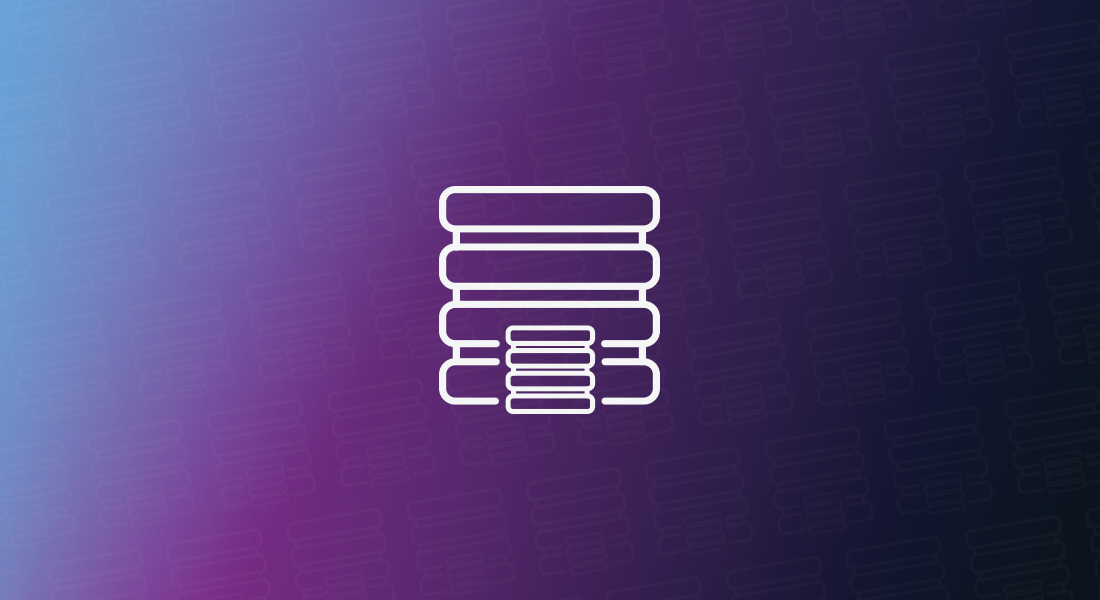
Public educators have increasingly been told to produce the “workforce of the future.” States are striving for alignment between what students learn and the jobs that ultimately will be available to them. This alignment is critical for students so they have the right skills and knowledge to excel at college









